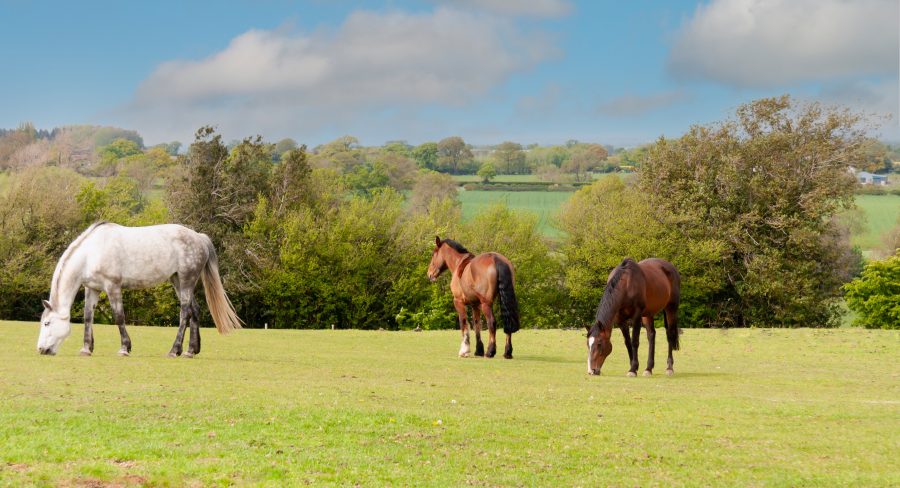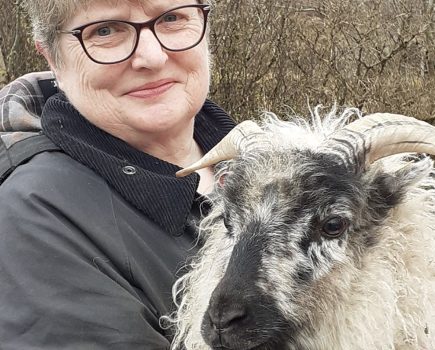National pet charity, Blue Cross, is urging horse owners to ask for help sooner rather than later if feel they may need to give up their horse.
Two horses recently taken in by the charity show the stark contrast between giving up a horse in good time and asking for help too late, when the situation has turned into a welfare problem.
“We really hope that by sharing Comet and Billy’s stories we can encourage people to contact us earlier if they need help with their horse,” said Annabelle Taylor, Rehoming Coordinator at Blue Cross. “A lot of people leave it far too late and the horse ends up suffering as a result. Subsequently rehabilitation can be difficult and upsetting and usually takes much longer.”
Comet’s owner’s husband was suffering from dementia, and she knew that as the disease progressed and her husband began to need more care, she would struggle to give Comet the time he required. She wanted to secure Comet’s future before things got too difficult so contacted Blue Cross for help. Comet arrived at the charity in good condition, with a new set of shoes and all his tack. He was clearly very well loved and was quickly found a perfect new home.
Billy’s owners had struggled with his ‘aggressive’ behaviour. He had been shut in his stable for 11 months and hadn’t had his feet trimmed for more than five years. Eventually Billy’s owners contacted Blue Cross. As a result of his incarceration Billy’s welfare was severely compromised and his feet needed urgent attention from a remedial farrier. The social isolation had caused his mental health to deteriorate to a point where his rehabilitation will be a very slow process.
Blue Cross statistics suggest that increasing numbers of horse carers are struggling financially to keep their horses. So far this year the charity has received 137 requests from people asking for the charity to take in or help rehome their horse or pony and 31% of these cited personal or financial circumstances as the reason.
In 2022 there were 326 intake and rehoming requests, with 23% stating personal or financial circumstances as the reason. In comparison for the full year of 2021 just 43 (around 15%) of a total of 277 intake and rehoming requests specified financial reasons.
“We urge you to get in touch if you are struggling, rather than let problems escalate,” said Annabelle. “Please, please, please approach us while horses are still healthy rather than risk them becoming welfare compromised. We are here to listen and help, not to judge.”
Blue Cross rehomes horses from its centres in Burford, Oxfordshire and Rolleston, Staffordshire as well as through its Home Direct scheme.
Home Direct has proved to be highly effective, with 98 horses helped since it was launched back in 2015. Every horse is assessed thoroughly by a member of the Blue Cross horse unit team and then advertised on the charity’s website. Once a potential new owner has been found Blue Cross will arrange and oversee initial visits. If it’s a good match, the horse will then be rehomed directly from the old home to the new one. All the home visits and checks will be completed as if the horse was from a Blue Cross centre.
Blue Cross also offers their Home Direct service to other equine welfare charities that don’t specialise in rehoming. Any horse can be considered for Home Direct, as long as they pass a health check and are not on any long-term medication.
If you need support, advice or guidance about giving up your horse please email helpmyhorse@bluecross.org.uk
For details of Blue Cross horses looking for homes please visit https://www.bluecross.org.uk/rehome/horse.
More news like this can be found in The Country Smallholder magazine. Subscribe here.
For FREE updates from the world of smallholding, sign up for The Country Smallholder newsletter here.








